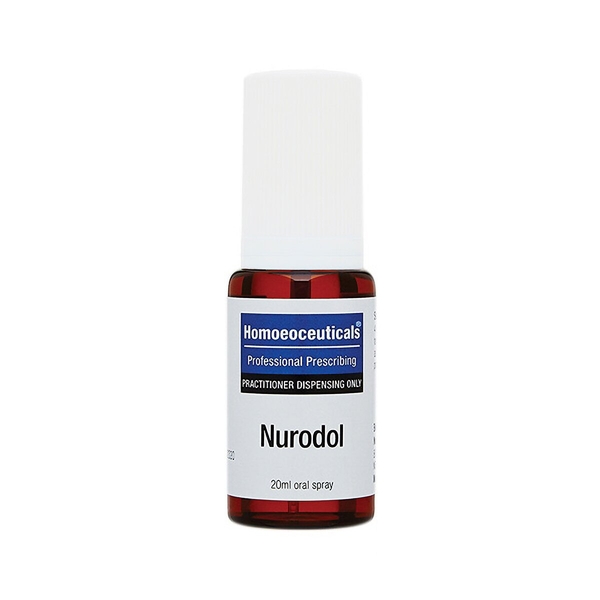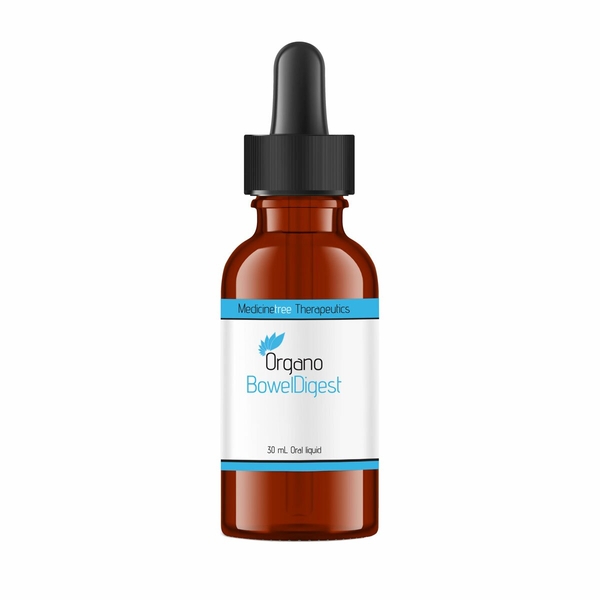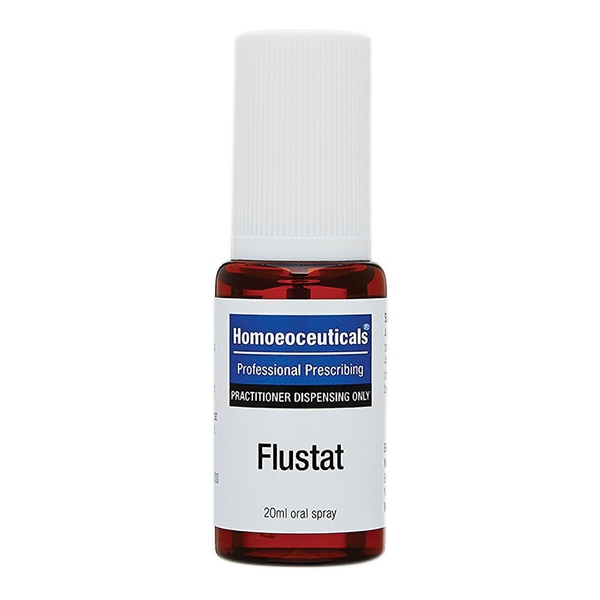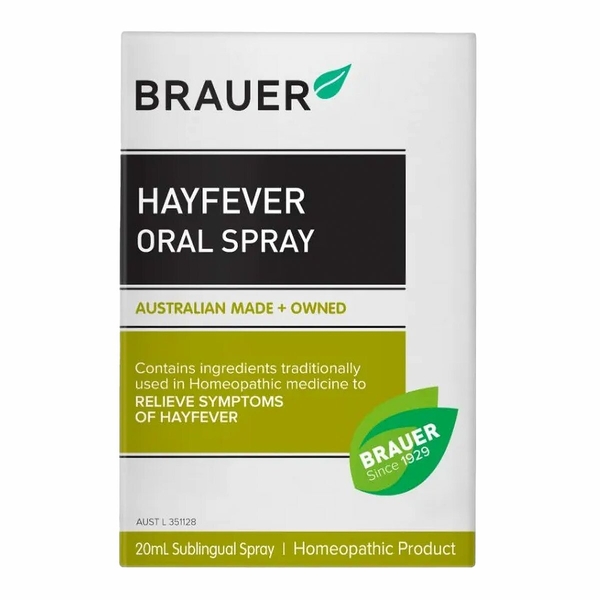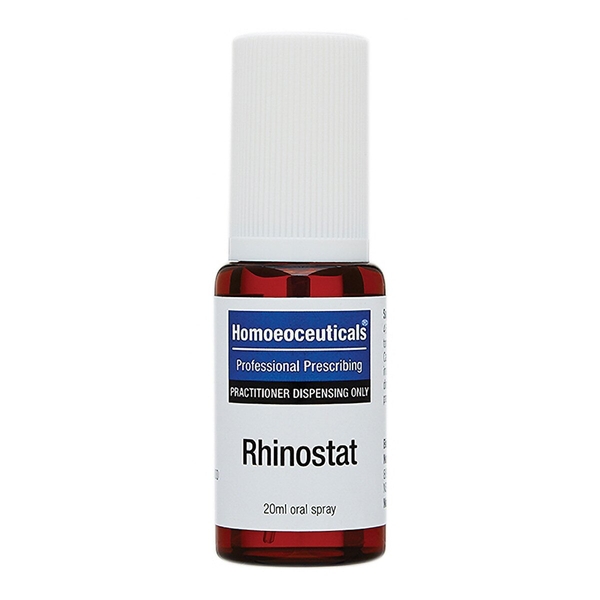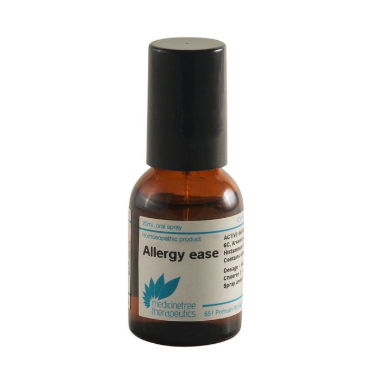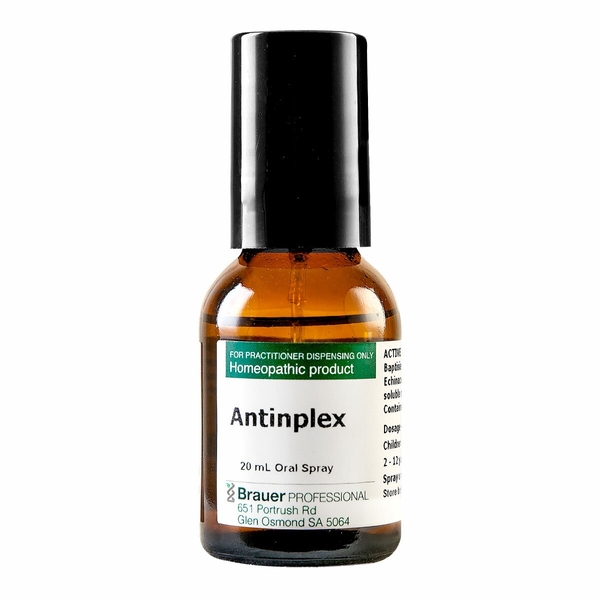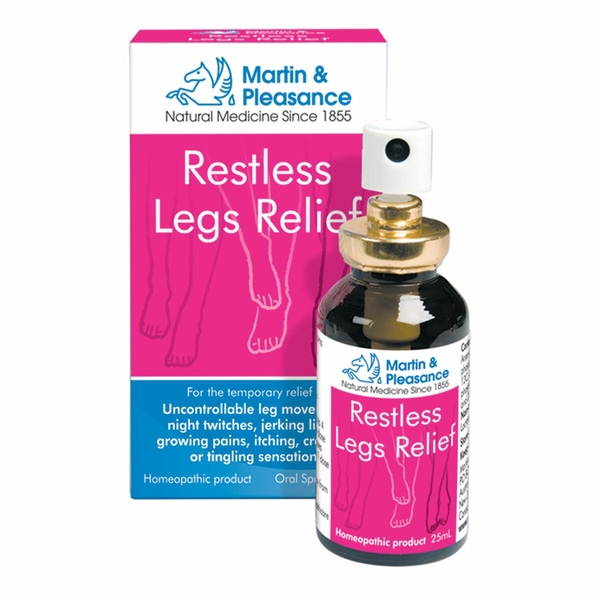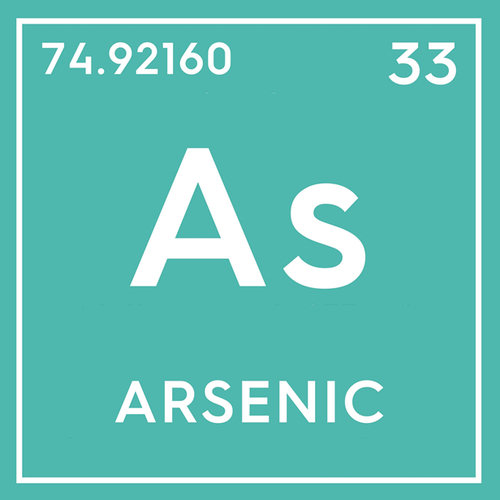
Arsenic
Scientific names: Arsenic, As, atomic number 33
Alternate names: Arsenate, Arsenic Pentoxide, Arsenic Trichloride, Arsenic Trioxide, Arsénico, Arsenicum Album, Arsenicum Iodatum, Arsenite, Arsénite, Arsénite de Sodium, Fowler's Solution, Numéro Atomique 33, Pentoxyde d'Arsenic, Sodium Arsenite, Solution de Fowler, Trichlorure d'Arsenic
Actions: Antianxiety, Arsenic poisoning-reducing
Background
Arsenic is a trace element that naturally occurs in foods, such as rice. Organic arsenic is usually safe, but another form, inorganic arsenic, can be toxic.
The role of arsenic in the body isn't well understood. Most adults probably eat about 12-50 mcg of arsenic every day from a usual diet. Some experts have suggested that an average adult should have 12-25 mcg daily.
People use homeopathic preparations of arsenic for arsenic poisoning, COVID-19, seizures, and other conditions, but there is no good scientific evidence to support these uses. Homeopathic preparations are often so dilute that they contain little or no arsenic.
Inorganic arsenic compounds, which are different than organic arsenic, are considered poisonous. The US Environmental Protection Agency (EPA) classifies inorganic arsenic as a known cancer-causing agent. The maximum amount of arsenic allowed in drinking water is 10 mcg per liter.
The role of arsenic in the body isn't well understood. Most adults probably eat about 12-50 mcg of arsenic every day from a usual diet. Some experts have suggested that an average adult should have 12-25 mcg daily.
People use homeopathic preparations of arsenic for arsenic poisoning, COVID-19, seizures, and other conditions, but there is no good scientific evidence to support these uses. Homeopathic preparations are often so dilute that they contain little or no arsenic.
Inorganic arsenic compounds, which are different than organic arsenic, are considered poisonous. The US Environmental Protection Agency (EPA) classifies inorganic arsenic as a known cancer-causing agent. The maximum amount of arsenic allowed in drinking water is 10 mcg per liter.
Safety Safety definitions
When taken by mouth: Organic arsenic is likely safe when eaten in normal food amounts. But inorganic arsenic, a different form of arsenic, is likely unsafe, especially when used long-term or in high doses. Taking 10 mcg/kg daily over time can cause arsenic poisoning. Higher doses can cause severe poisoning and death. Inorganic arsenic is classified as a cancer-causing agent in humans. Drinking water containing large amounts of inorganic arsenic has been linked to cancer, heart problems, and diabetes.
Children: Organic arsenic is likely safe when eaten by children in normal food amounts. But inorganic arsenic, a different form of arsenic, is likely unsafe when taken by mouth. Over time, drinking water containing large amounts of inorganic arsenic may lead to high blood pressure and problems with memory, attention, and intelligence in children.
Low levels of folic acid (folic acid deficiency): Folic acid deficiency changes the way the body processes arsenic. Having low levels of folic acid may increase arsenic levels in the body.
Heart problems: The prescription form of arsenic (arsenic trioxide, Trisenox) can affect heart rhythm in some patients. It is possible that non-prescription forms of arsenic might have similar effects.
Special Precautions & Warnings:
Pregnancy and breast-feeding: Organic arsenic is likely safe when eaten in normal food amounts. But inorganic arsenic, a different form of arsenic, is likely unsafe when taken by mouth while pregnant or breast-feeding. Inorganic arsenic has been linked to miscarriages, stillbirths, and, in some cases, death of the newborn infant. Do not take arsenic supplements if you are pregnant or breast-feeding.Children: Organic arsenic is likely safe when eaten by children in normal food amounts. But inorganic arsenic, a different form of arsenic, is likely unsafe when taken by mouth. Over time, drinking water containing large amounts of inorganic arsenic may lead to high blood pressure and problems with memory, attention, and intelligence in children.
Low levels of folic acid (folic acid deficiency): Folic acid deficiency changes the way the body processes arsenic. Having low levels of folic acid may increase arsenic levels in the body.
Heart problems: The prescription form of arsenic (arsenic trioxide, Trisenox) can affect heart rhythm in some patients. It is possible that non-prescription forms of arsenic might have similar effects.
Effectiveness
NatMed Pro rates effectiveness based on scientific evidence according to the following scale: Effective, Likely Effective, Possibly Effective, Possibly Ineffective, Likely Ineffective, Ineffective, and Insufficient Evidence to Rate.
Effective Effectiveness definitions
- Cancer of the white blood cells (leukemia). A specific, prescription-only form of arsenic (arsenic trioxide, Trisenox) is given by IV for the treatment of a specific cancer of the white blood cells known as acute promyelocytic leukemia. This product can only be given by a healthcare provider.
Dosing & administration
Organic arsenic is naturally found in several foods including seafood, poultry, grains (especially rice), bread, cereal products, mushrooms, and dairy products.
As medicine, there isn't enough reliable information to know what an appropriate dose of non-prescription arsenic might be. It's sometimes used in homeopathy preparations. In these products, its often referred to as arsenicum album. Homeopathic preparations are often so dilute that they contain little or no arsenic.
As medicine, there isn't enough reliable information to know what an appropriate dose of non-prescription arsenic might be. It's sometimes used in homeopathy preparations. In these products, its often referred to as arsenicum album. Homeopathic preparations are often so dilute that they contain little or no arsenic.
Interactions with pharmaceuticals
Medications that can cause an irregular heartbeat (QT interval-prolonging drugs)
Interaction Rating=Major Do not take this combination.
Some forms of arsenic might affect electrical currents in the heart. This can increase the risk of having an irregular heartbeat. Some medications can have this same effect. Taking arsenic with these medications might increase the risk for a serious heart issue.
Interactions with herbs & supplements
Herbs and supplements that might cause an irregular heartbeat (QT interval-prolonging products): Some forms of arsenic might affect electrical currents in the heart. This can increase the risk of having an irregular heartbeat. Taking arsenic with other supplements with similar effects might increase the risk for a serious heart issue. Examples of supplements with this effect include bitter orange, ephedra, grapefruit, iboga, and Panax ginseng.
Interactions with foods
There are no known interactions with foods.
Products
View all productsPractitioner product
Per serve:
- Arsenic trioxide
- Helicobacter pylori
- Pepsin
- Candida albicans
- Collinsonia candensis
- Deoxyribonucleic acid
- Dioscorea villosa (Wild yam)
- Grp. A3 - Cereals
- Grp. A4 - Dairy
- Mixed yeast
- Giardia
- Hydrastis canadensis
- Porcine liver
- Porcine colonic mucous membrane
- Porcine intestinal mucous membrane
- Porcine pancreas
Practitioner product
Practitioner product
Per 0.52 mL:
- Arsenicum album (Ars alb)
- Euphrasia
- Sinapis nigra
- Sticta pulmonaria
- Allium cepa (Onion)
- Sabadilla
- Ambrosia artemisiaefolia
- Arsenicum iodatum (Ars iod)
- Kalium iodatum (Kali iodatum)
- Naphthalinum
RRP: $23.99$19.20Save: 20%
Create account
Per serve:
- Arsenicum album (Ars alb)
- Rhus toxicodendron (Poison Ivy)
- Ranunculus bulbosus
- Nitricum acidum (Nitric acid)
- Thuja occidentalis
- Cantharis
- Croton tiglium
- Aciclovirin
- Mezereum
- Hepar sulphuricum
- Mercurius solubilis (Merc sol)
Practitioner product
Per serve:
- Arsenicum album (Ars alb)
- Mixed pollens and dust mite
- Histaminum muriaticum
- Paloondo
- Sabadilla
- Euphrasia
- Pheniramine
- Allium cepa (Onion)
Practitioner product
Per 0.52 mL:
- Arsenic trioxide
- Histamine
- Bee
- Oyster shell
- Allium cepa (Onion)
- Ammonium carbonicum
- Arsenic triiodide
- Calcium sulfide
Practitioner product
Per 0.52 ml:
- Arsenic trioxide
- Atropa belladonna
- Bryonia alba
- Echinacea angustifolia
- Ferrous phosphate (Iron)
- Bee
- Baptisia tinctoria
- Mercurius solubilis Hahnemanni
- Pyrogenium
- Gold
Practitioner product
RRP: $19.90$16.92Save: 15%
Create account
vital.ly has licensed monographs from TRC Healthcare.
This monograph was last reviewed on 01/05/2024 10:00:00 and last updated on 19/12/2021 09:19:00. Monographs are reviewed and/or updated multiple times per month and at least once per year.
Natural Medicines disclaims any responsibility related to medical consequences of using any medical product. Effort is made to ensure that the information contained in this monograph is accurate at the time it was published. Consumers and medical professionals who consult this monograph are cautioned that any medical or product related decision is the sole responsibility of the consumer and/or the health care professional. A legal License Agreement sets limitations on downloading, storing, or printing content from this Database. No reproduction of this monograph or any content from this Database is permitted without written permission from the publisher. It is unlawful to download, store, or distribute content from this site.

